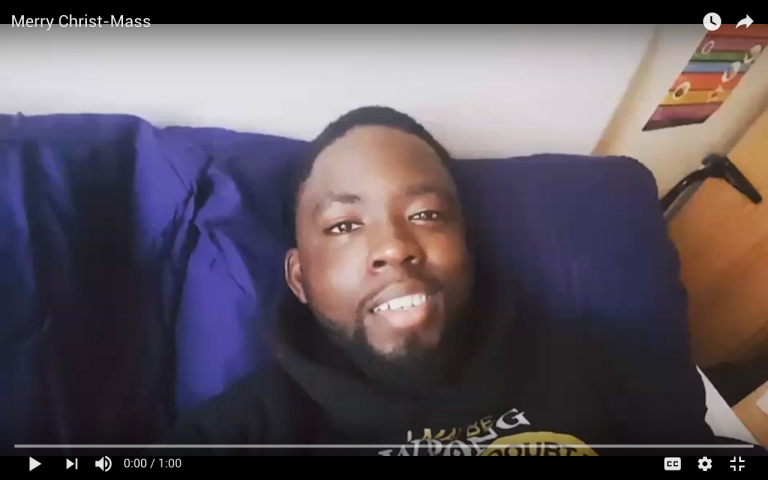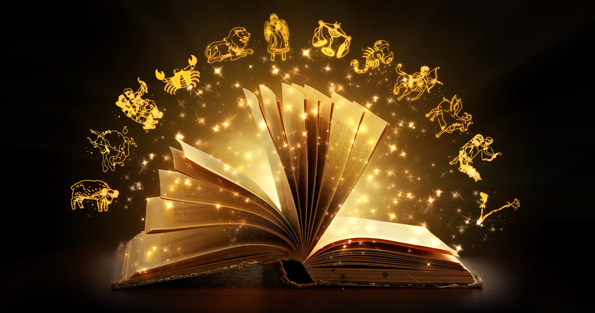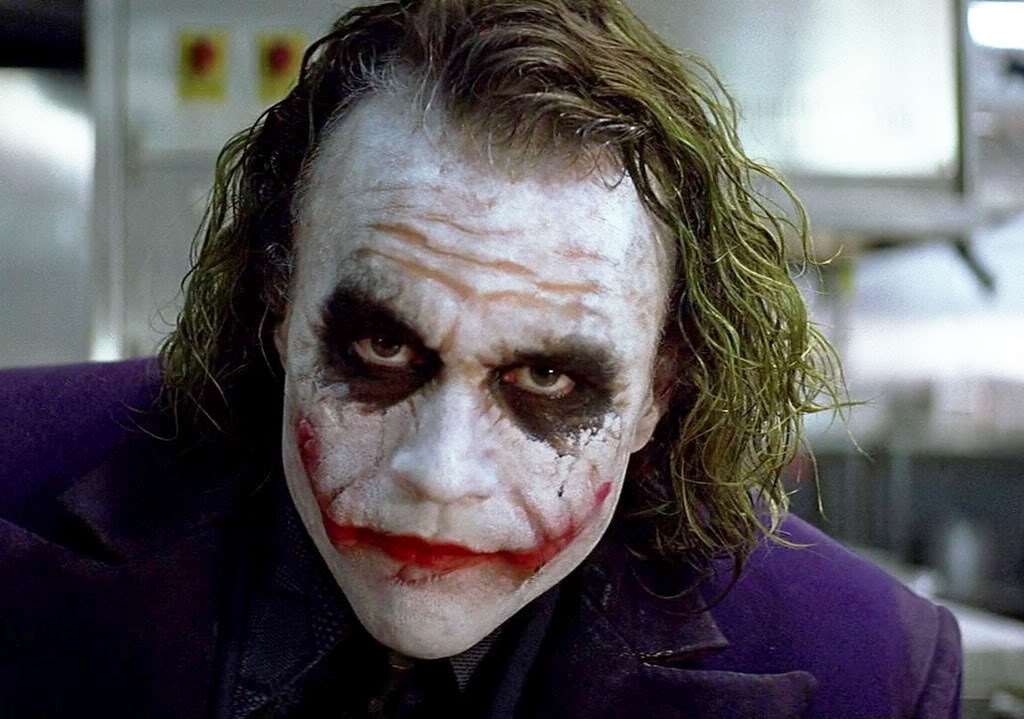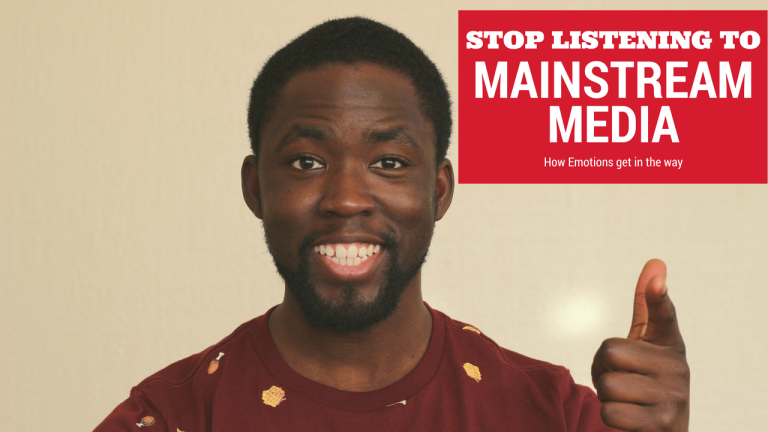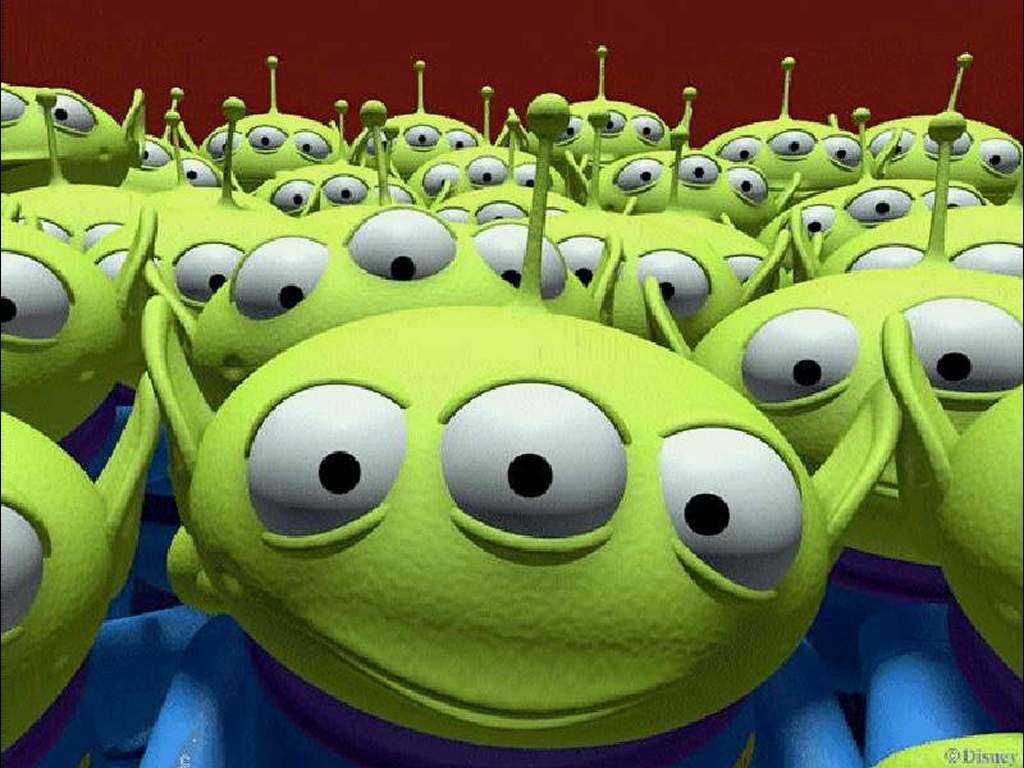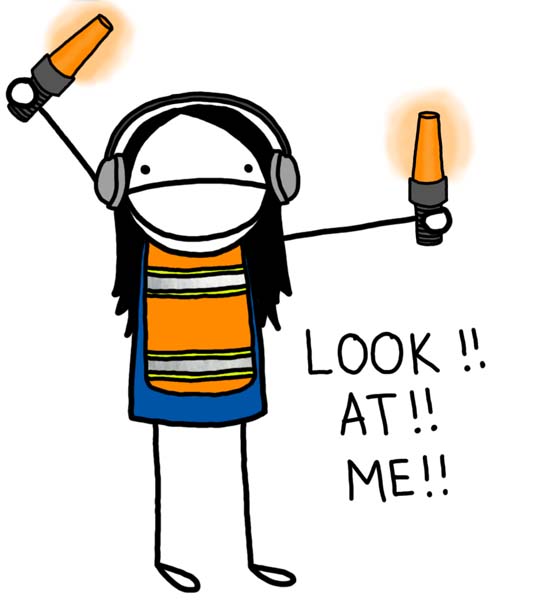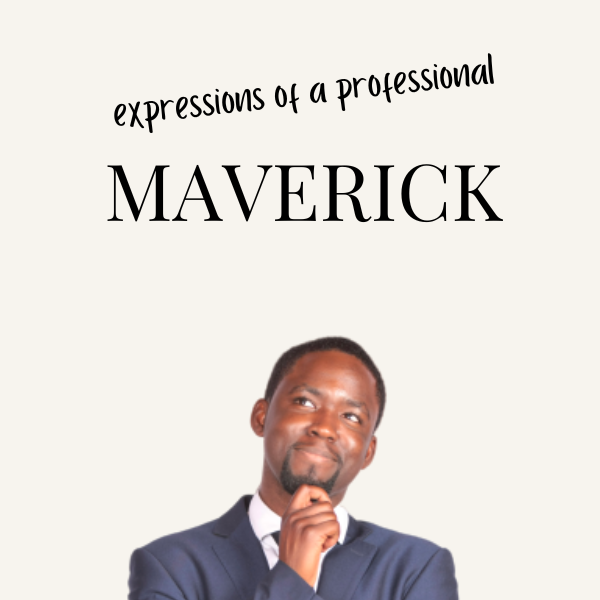Merry Christmas – When Light takes over
Merry Christmas to you all!… But what does this actually mean? The word “merry” depicts a sense of joy, liveliness, and potentially intoxication, in order to facilitate a jovial mood. The word merry was engineered and used for the Christmas season from the early 1800s, creating a scene of carefree, bubbly, and light-hearted fun for the day chosen to celebrate the Messiah’s birth. When we look at the word “Christmas”, originally recorded to be used in the early 1500s, it is obvious to many that the word was an amalgamation of “Christ” + “Mass”, (Cristes Maesse). Christ was the name given to Jesus, expected by the Jews to be the deliverer of the Good News, the anointed one to set them free. The word Christ is greek for the Hebrew word Messiah, “anointed”.
The word Mass is strictly a Catholic term embedded in Christian doctrine and ideology, where the anointed victim shall be sacrificed as an offering to God. Christ Mass was unique in the fact that it was celebrated after sunset and before sunrise of the next day, (as opposed to after sunrise and before sunset). The Mass is ritualistic and an embodiment of Jesus sacrificing his life in atonement for our sins. There is something special and divine about Jesus’ death, that allows those who accept him as the way, the truth, and the life (John 14:6) to be saved from what sin can weigh one down by in the afterlife; preventing and delaying paradise that is promised by God. So if we link up all words “Merry Christmas” we are essentially saying “Have a jovial sacrifice of the victim who is the anointed one”… It doesn’t sound so merry when put that way. Even the fat white man in the red suit says “Ho ho ho Merry Christmas!” Do you think he knows this level of detail? Is this important, or is this over the top? Well, it would be nice to know, and even more important to those who believe and practice the Judaic religions, as it gives context and clarity to their belief systems and actions that they take.
So why do people celebrate Christ-Mass on the 25th of December? Many believe it’s because of practical and pagan reasons:
- The Jewish Festival Hanukkah is celebrated anytime between late November and early January, honoring and rededication of the second temple built in Jerusalem; allowing them to continue their religious practice. This is celebrated for 8 days
- Constantine the first Roman Emperor was the “first” to celebrate Christmas, recorded in 336 A.D, after also being suspected to be one of the first to edit the “original contents” of the Bible
- Winter Solstice, known as Saturnalia and Yule, celebrates the day the light begins to take over the darkness as we approach spring equinox i.e. the days become to get longer, and the night begins to get shorter
When we look at some of the deep rooted festive activities such as dressing the house with tinsel, holly, and choosing the right Christmas tree, this has all been adopted by the Yule practice developed in Scandinavia. Scandanavians searched for the best-looking tree and used the remaining bark for fire, that contributed to their sacrificial-ritualistic practices towards their gods.
The deeper you look into the contributions history has given to Christmas, the more that one is convinced that it is celebrated and associated with the pagan practices once understood. We don’t understand what we are celebrating, however, we are more interested in the “Merry”, relative to the “Christmas” part. The Merry aspect is harmless, however, you could argue that it is a duty for Christians, more specifically Catholics who believe in the Eucharist (Mass), to be more cautious of how they celebrate Christmas.
This is food for thought and hopefully, adds to your awareness filter. May you enjoy the rest of your day, and make it merry!

